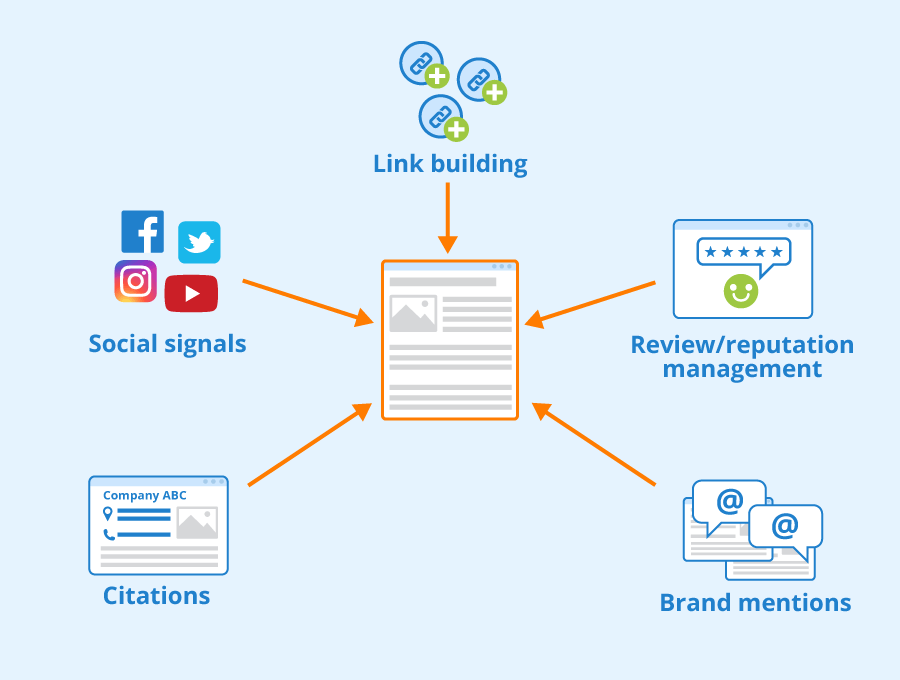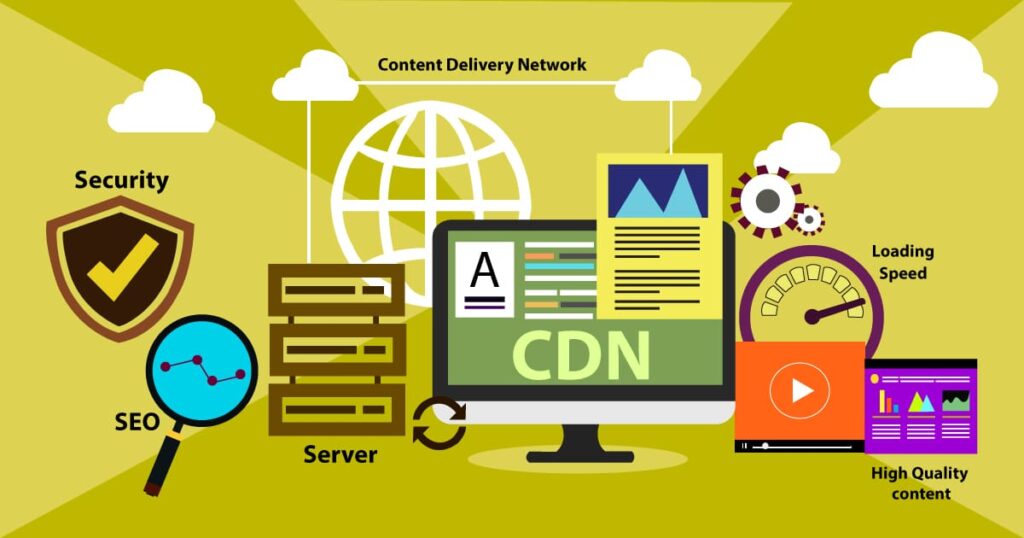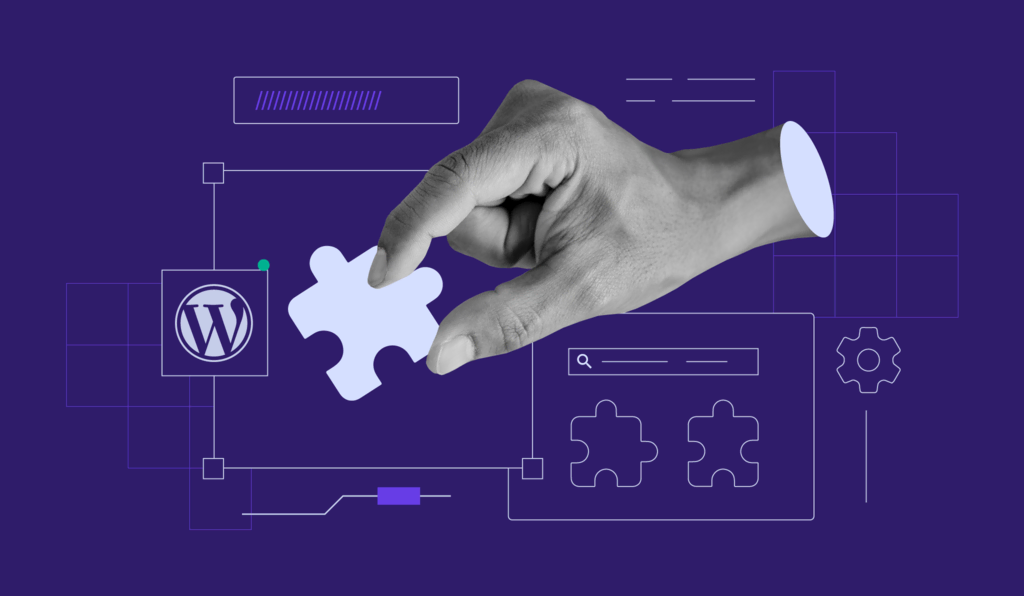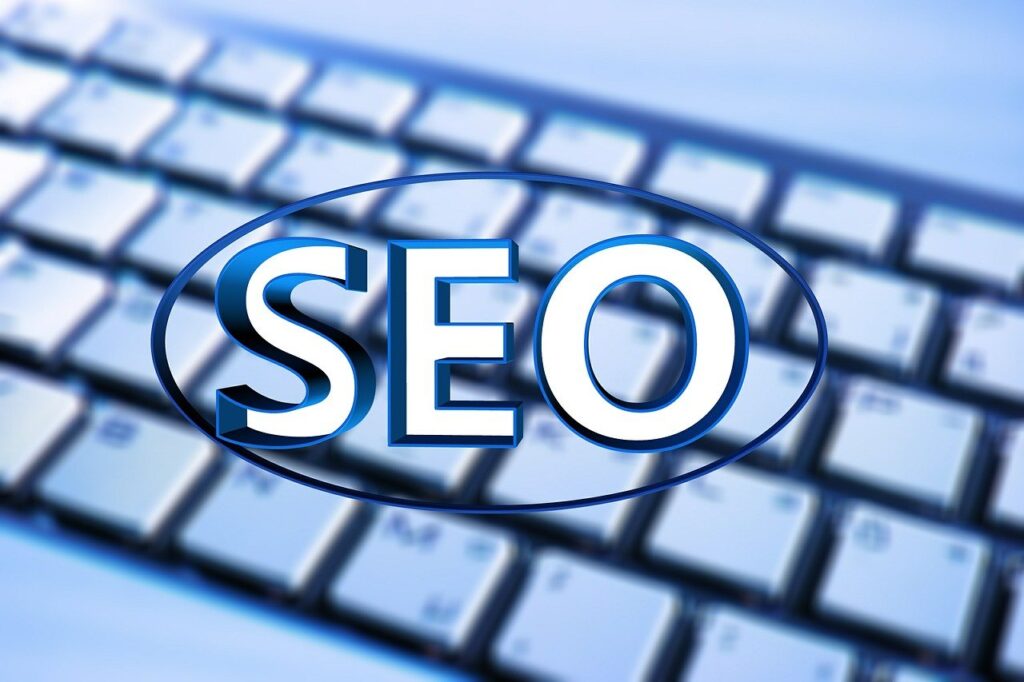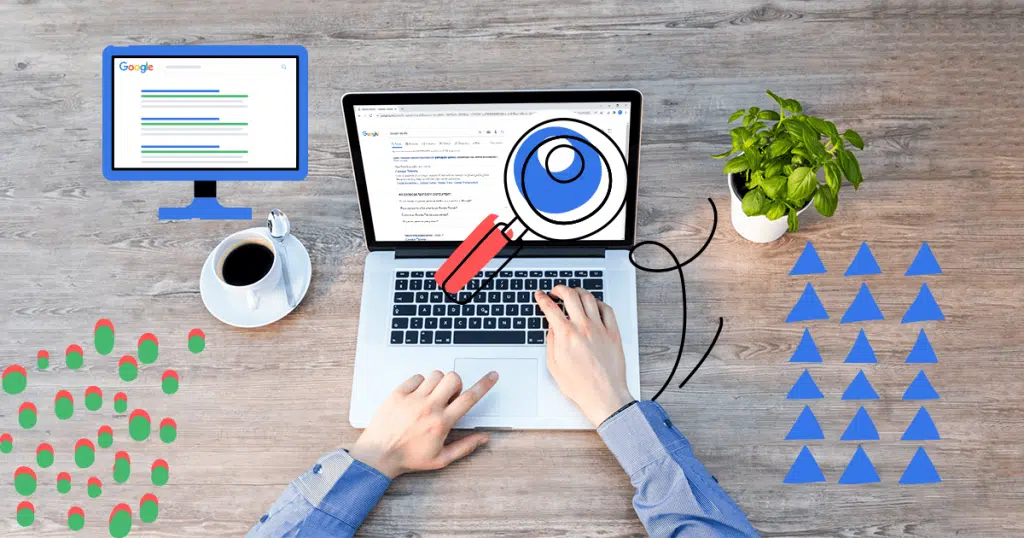On-page and off-page SEO is the process of optimizing your site to attract more visitors and drive greater amounts of organic traffic to your website. Both on-page and off-page SEO are essential for every website, no matter how small or large it may be.
A website is only as good as its audience. Without an audience, your website is nothing. If you have the best content and strategies, but if you’re not able to find people to visit your site, it’s not worth the effort. This is where SEO comes in.
Search engine optimization (SEO) is the process of ensuring that your website brings more people to your site, which results in more Google traffic, and ultimately, more business for you.
Whether you’re just getting started with SEO or want to brush up on your existing skills, this guide can help you understand what SEO is, and its benefits.
What Is SEO?
Search engine optimization (SEO) is the act of improving your website to rank higher in search results pages (SERPs) across the various search engines.
It is a broad term that encompasses a number of different strategies and techniques, but the most basic and important part of SEO is making sure that your website is optimized for search engines.
The term SEO is often used in a derogatory tone, meaning “to rank low in search results pages” or “to rank badly in search results pages”.
This can be misleading because while SEO is not synonymous with low search rankings, the act of optimizing your site for low-rank results is very similar.
That said, with the right SEO strategies, you can rank higher in search results pages than you’d expect with just good SEO alone.
On-page SEO
On-page SEO is the act of improving the structure, content, and keywords of your website to make it easier for search engines to index and make decisions about what to show to users when they’re looking for your site. The main tasks of on-page SEO are:
- Improve the structure of your site by adding alt tags, internal linking, and footers
- Improve your content by making it concise, relevant, and user-friendly
- Ensure that your site’s keywords are properly formatted and included in your URLs
- Remove any obvious redirects from your site that may cause a search engine to miss your content
- Ensure that your site’s HTML is valid
- Ensure that your site’s CSS is valid
- Ensure that your site follows the latest SEO best practices
- Set up a sitemap
- Review your site’s analytics
- Use a content management system (CMS)
- Use a blogging engine
- Use public-facing social media
- Use email marketing
Off-Page SEO
Off-page SEO is the act of improving your site’s exposure on other channels such as your blog, social media, blog comments, and ads. Some of the main tasks of off-page SEO are:
- Ensure that your site is easily findable through Google, Bing, and other search engines
- Set up content that is targeted to the specific niches or sectors of the market where you want to be found
- Ensure that your keywords are included in your site’s URLs
- Review your site’s analytics to ensure that your blog is converting visitors into customers
- Ensure that your blog comments are relevant to the article topic
Importance Of SEO
Search engine optimization is the backbone of any online business. Without it, your site will rank lower in search results pages (SERPs) and ultimately, have a harder time driving traffic to your website.
With the right SEO strategies, your site will rank higher in search results pages (SERPs) with very little effort on your part.
On-Page Analytics
On-page analytics are essential for marketers who want insight into the success of their on-page SEO strategies.
With on-page analytics, you can see how many users come to your site, what links brought them there, and what those links led to. You can also see the words those users are using to search for your products or services.
Off-Page Analytics
Off-page analytics are essential for digital marketers who want insights into how their off-page SEO strategies are progressing. Similar to on-page analytics, you can also see how many users come to your site and what links bring them there.
Like on-page analytics, you can also view the words those users are using to search for your products or services. You can also see the search terms users are using to find your site.
How Does SEO Help My Site?
On-page SEO is the process of optimizing your site’s text, images, and other assets to be as optimized as possible for both on- and off-page SEO.
For on-page SEO, you will primarily focus on making sure that the text you use is relevant, accurate, and in line with your SEO keywords.
You will also focus on making sure that your page’s structure is optimized and that images are properly embedded. To optimize your on-page SEO, you will work on all the content on your site, but you will do it from the comfort of your own office.
You will not only look at the structure of your articles, but you will also pay particular attention to the keywords and phrases you use in your content as well as the order in which you place them.
The more information your readers have at their fingertips, the easier it will be for them to find you and buy your products or services. Your site’s content should be keyword research at its finest.
Search engine optimization is a crucial part of online marketing. It’s not just about getting more traffic to your site; it’s also about getting more search traffic to your site.
With SEO, you can drive more organic traffic to your website and improve your chances of achieving more success in the search engine result pages (SERPs).

